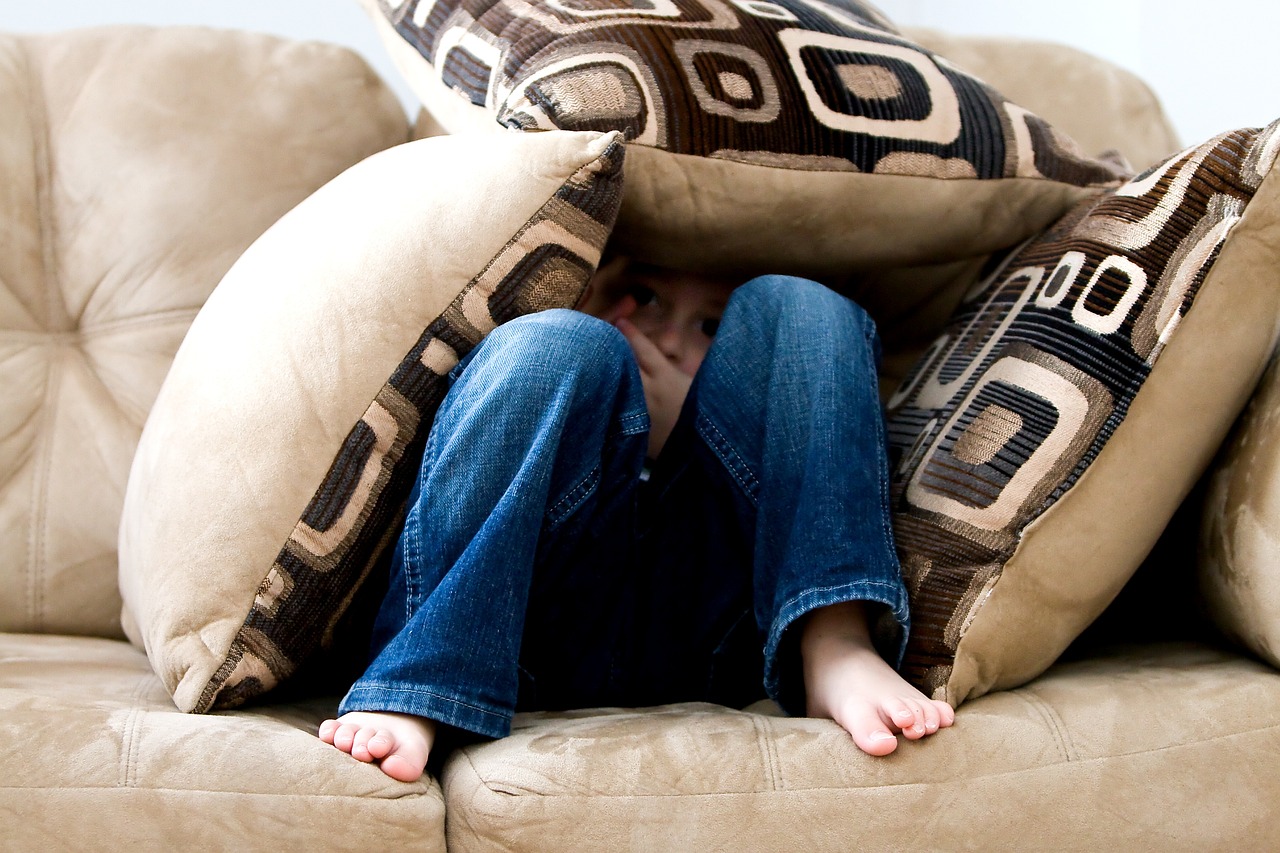Understanding and Addressing Soiling in Older Children and Teens

Soiling or fecal incontinence occurs when a child or adolescent involuntarily passes stool or leaks feces into their underwear or clothing. It can be an embarrassing and distressing problem for older children and teens, who may feel ashamed or isolated as a result. So what causes fecal incontinence in older children, and what can be done to manage and treat it?
One common cause of soiling in older children is chronic constipation. When a child is constipated, they may withhold bowel movements or experience difficulty passing stools, leading to a buildup of stool in the rectum. Over time, this can cause the rectum to stretch and lose sensitivity, making it harder for the child to recognize the urge to defecate. As a result, they may inadvertently leak stool or soil their clothing.
Another potential cause of fecal incontinence in older children is encopresis, a condition in which a child or adolescent repeatedly soils themselves despite being toilet-trained. This may be due to physical or psychological factors, such as an underlying medical condition, developmental delays, or unresolved emotional issues. Children with encopresis may need counseling and behavior modification techniques to overcome their difficulties.
So what can parents and caregivers do to address the problem of soiling in older children? The first step is to consult a healthcare professional and rule out any underlying medical conditions. In some cases, medication or other medical interventions may be necessary to help manage fecal incontinence. However, most cases of soiling in older children can be addressed with behavioral interventions and lifestyle changes.
For example, parents may need to establish a regular toilet routine for their child or teen, ensuring that they take time to sit on the toilet at regular intervals during the day. This can help regulate bowel movements and prevent accidents. Encouraging older children to drink plenty of water and eat a high-fiber diet can also help prevent constipation and encourage regular bowel movements.
In addition, parents and caregivers can work with their child’s healthcare provider to develop a plan for behavior modification. This may involve implementing a reward system for using the toilet appropriately, setting up a schedule for toileting, or using positive reinforcement to encourage good habits.
Finally, it is critical to address the emotional impact of fecal incontinence on older children and teens. Parents and caregivers can help by creating a supportive and understanding environment and encouraging open communication about the problem. This may involve talking about the issue with the child’s school or other caregivers, so that everyone is aware of the situation and can work together to support the child.
In conclusion, soiling in older children and teens can be a challenging issue for families to manage. However, with a combination of medical interventions, behavior modification, and emotional support, most cases of fecal incontinence can be successfully treated. By working together with healthcare professionals, parents, and caregivers, older children and teens who are struggling with soiling can overcome this difficult problem and enjoy improved physical and emotional health.
The Author:
Pioneerthinking.com – Ingredients for a Simple Life.
Photo. Ambermb








